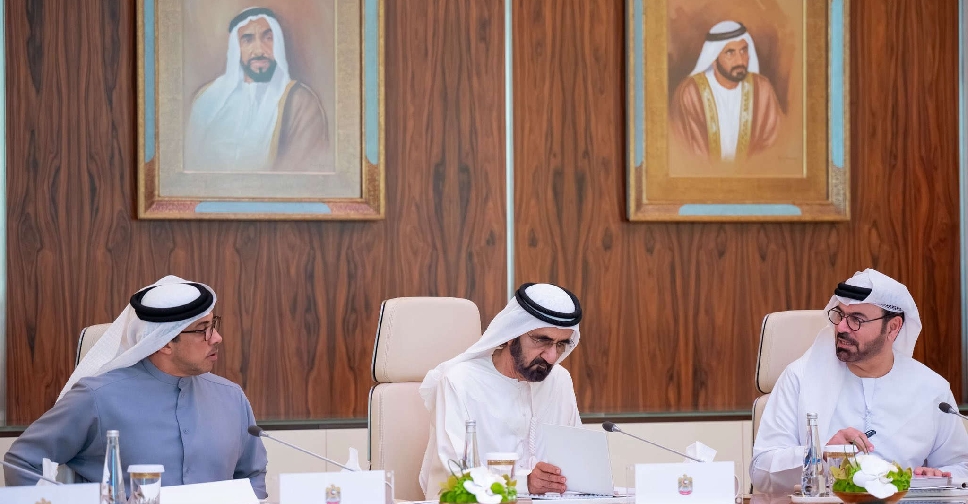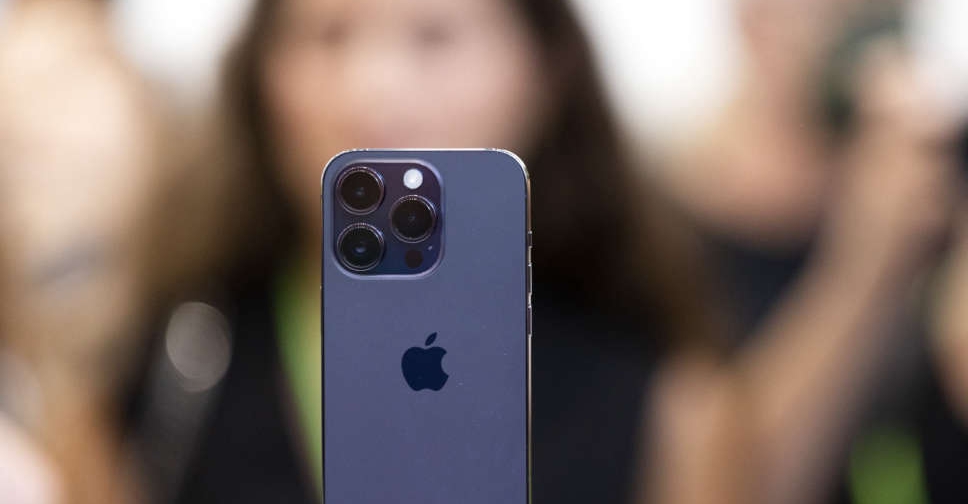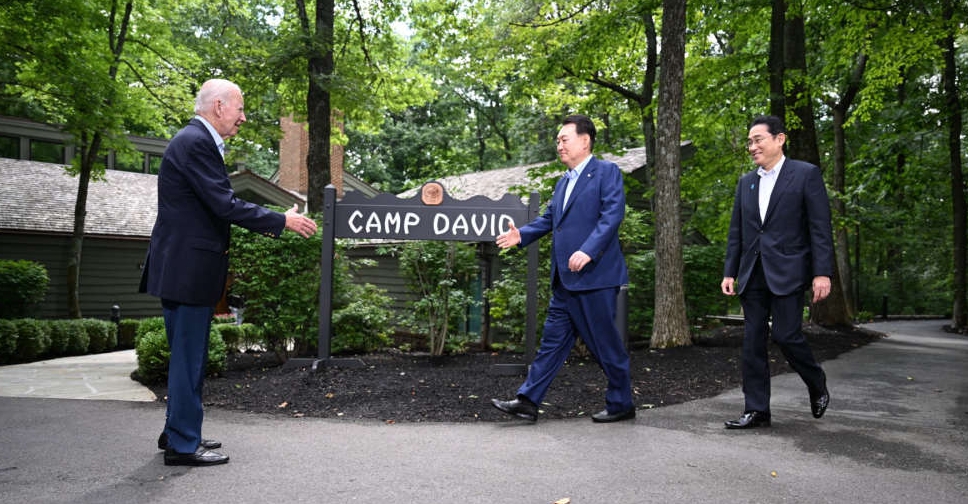
US President Joe Biden on Friday welcomed the leaders of South Korea and Japan to a summit at Camp David where the three countries are set to deepen military and economic ties.
This comes as they seek to project unity in the face of China's rise and nuclear threats from North Korea.
US National Security Adviser Jake Sullivan told a news briefing the meeting would announce "significant steps" to enhance trilateral security cooperation, including a commitment to consult each other in times of crisis.
Sullivan said the steps would include a multi-year military exercise plan, deeper coordination and integration on ballistic missile defence and improved information sharing, crisis communication and policy coordination "that goes along with responding to contingencies in the Indo-Pacific."
He said the leaders would also unveil new economic and energy security initiatives including an early warning mechanism for supply chain disruptions.
The commitments, which fall short of a formal alliance, will be the centrepiece of Biden's first Camp David summit for foreign leaders and represent a significant move for Seoul and Tokyo, which have a long history of mutual acrimony and distrust.
Biden, South Korean President Yoon Suk Yeol and Japanese Prime Minister Fumio Kishida are expected to have several hours to strategize at the mountainside presidential retreat over how to manage tensions in the Indo-Pacific region and beyond.
"Strengthening ties between our democracies has long been a priority for me," Biden said. "Our countries are stronger and the world would be safer as we stand together."
Biden praised the visiting leaders for their "political courage" in coming together.
Yoon cited former US President Franklin D. Roosevelt as saying that freedom was not given but something that needed to be fought for and added: "Our three countries should be firmly united so that our freedom is not threatened or damaged."
Kishida said the gathering showed the three countries were "making ... (a) new history as of today."
The summit is expected to produce a series of joint statements, including commitments to establish a crisis hotline, work together on emerging technologies and to meet annually.
The meeting is freighted with symbolism: with Washington's encouragement, Tokyo and Seoul are navigating their way past disputes dating to Japan's 1910-1945 occupation of the Korean Peninsula.
Those disputes are among the reasons the leaders would not now consider a mutual-defence pact along the lines of what the United States has separately with both South Korea and Japan - who are not themselves formal allies - according to US officials who declined to be identified while previewing the summit.
"What we have seen over the last couple of months is a breathtaking kind of diplomacy, that has been led by courageous leaders in both Japan and South Korea," said Kurt Campbell, Biden's coordinator for Indo-Pacific affairs.
"They have sometimes gone against the advice of their own counsellors and staff and taken steps that elevate the Japan-South Korea relationship into a new plane," Campbell said.


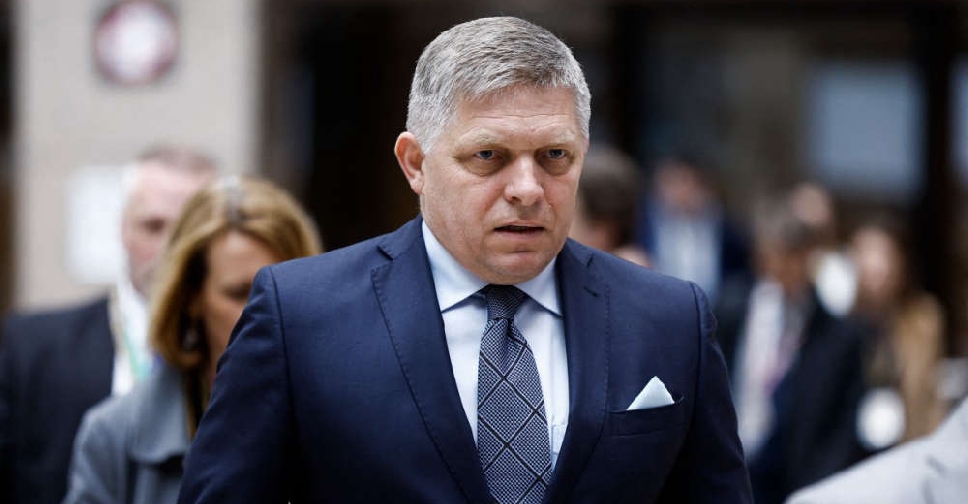 Slovak Prime Minister seriously wounded in shooting
Slovak Prime Minister seriously wounded in shooting
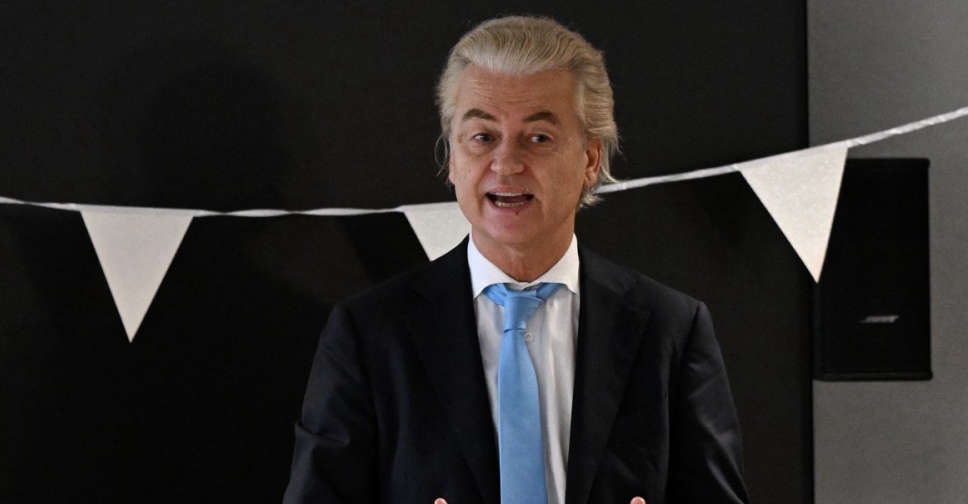 Netherlands set for right-wing government after Wilders strikes deal
Netherlands set for right-wing government after Wilders strikes deal
 India grants citizenship to first batch of refugees under controversial law
India grants citizenship to first batch of refugees under controversial law
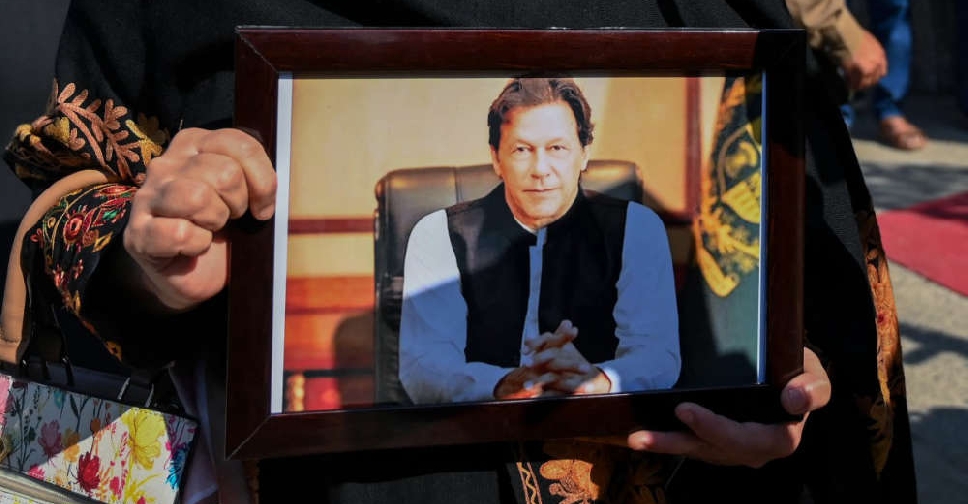 Ex-Pakistan PM Imran Khan gets bail but can't leave jail
Ex-Pakistan PM Imran Khan gets bail but can't leave jail
 French police searching for gangster after deadly van escape
French police searching for gangster after deadly van escape
